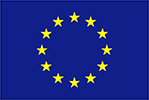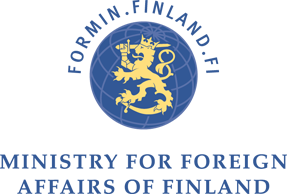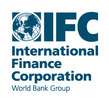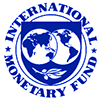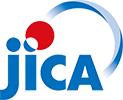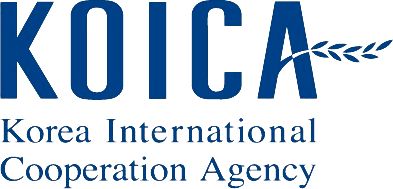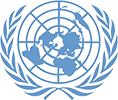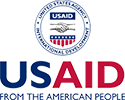
The Kyrgyz Republic joined ADB in 1994, and ADB’s resident mission in the Kyrgyz Republic was established in April 2000, enhancing ADB’s capacity for policy dialogue, programming, and project implementation. Since joining ADB, the Kyrgyz Republic has received $791.2 million in Asian Development Fund (ADF) loans, $256.1 million in ADF and Japan Fund for Poverty...
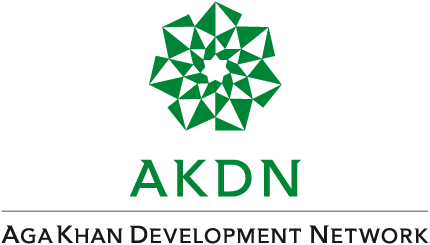
The Aga Khan Development Network (AKDN) is a group of private, international, non-denominational development agencies working to improve the welfare and prospects of people in the developing world, particularly in Asia and Africa. The AKDN works in over 30 countries around the world and employs over 80,000 people, the majority of whom are based in developing countries.
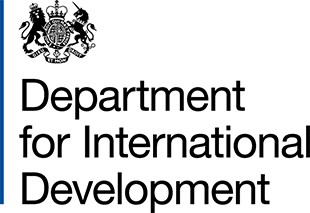
The Department for International Development (DFID) is the UK Government Department that is responsible for assisting partner countries to promote sustainable development and reduce poverty. The central focus of DFID’s policy, based on the 1997, 2000 and 2005 White Papers on International Development is a commitment to the internationally agreed Millennium Development...
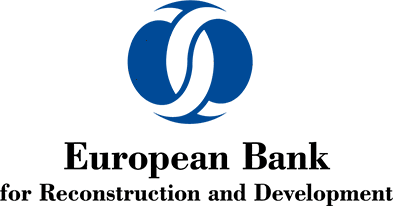
EBRD has worked in the Kyrgyz Republic since 1993 and has provided approximately Euro 200 million in financing 49 projects. In 2005-2006, the Bank has signed 20 projects and provided Euro 37 million of new financing. The Bank also has continued an array of TC projects. In 2007-2008, the Bank expects to maintain a similar level of funding, although this figure could increase if supported...

The European Union (EU) is represented in the Kyrgyz Republic by a Delegation of the European Union which is headed by Ambassador Mrs Chantal Hebberecht.
EU Assistance. The EU has been providing assistance to the Kyrgyz Republic in the implementation of political and economic reforms since the Kyrgyz Republic gained sovereignty in 1991.
EU Assistance. The EU has been providing assistance to the Kyrgyz Republic in the implementation of political and economic reforms since the Kyrgyz Republic gained sovereignty in 1991.

Eurasian Development Bank (EDB) manages the EurAsEC Anti-Crisis Fund. EDB is an international financial organization founded by the Presidents of the Republic of Kazakhstan and the Russian Federation in January 2006. It is established to promote economic growth in its member-states, extend trade and economic ties between them and to support integration in Eurasia.
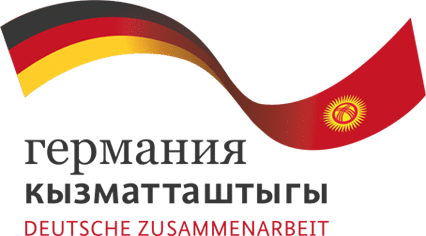
Germany and Kyrgyzstan have interacted in the area of development cooperation since Kyrgyzstan gained its independence. The cooperation with Kyrgyzstan facilitates the implementation of the “Strategy of New Partnership with Central Asian Countries” initiated in 2007 in the context of the German EU Council Presidency, based on the Central Asian Concept of the Federal Ministry for...

The Kyrgyz Republic joined IFC in 1993 and presently holds 0.07% of its equity. IFC, a member of the World Bank Group, is the largest global development institution focused exclusively on the private sector. Working with private enterprises in about 100 countries, we use our capital, expertise, and influence to help eliminate extreme poverty and boost shared prosperity.

The Kyrgyz Republic (Kyrgyzstan) became a member of the International Monetary Fund on May 8, 1992, with an initial quota of SDR 43 million (about US$59 million). In 1995 Kyrgyzstan’s quota was increased to SDR 64.5 million (about US$96 million) and in 1999 to SDR 88.8 million (about US$115 million).
The Kyrgyz Republic accepted the obligations of Article VIII...
The Kyrgyz Republic accepted the obligations of Article VIII...
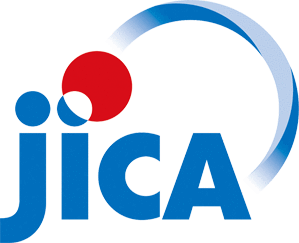
Japan International Cooperation Agency (JICA) as implementing agency of Official Development Assistance (ODA) of the Government of Japan from the time of its establishment (1974) contributes to the socioeconomic development and human resources development for facilitating independent and sustainable development of the developing countries.
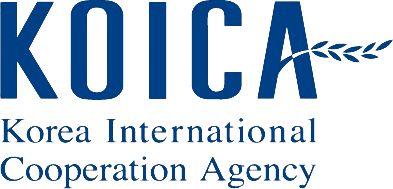
The Korea International Cooperation Agency (KOICA) was established under the KOICA Act in 1991 to deliver the task of implementing Korea’s grant aid programs and promoting international cooperation. Its mission is to address global development issues by pursuing global harmony and facilitating the sustainable socio-economic development of our partner countries...

Mercy Corps is a leading global organization powered by the belief that a better world is possible. In disaster, in hardship, in more than 40 countries around the world, we partner to put bold solutions into action — helping people triumph over adversity and build stronger communities from within. Now, and for the future.
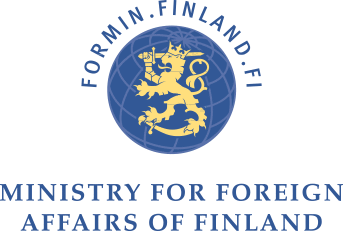
Finnish development aid and cooperation in Kyrgyzstan and Central Asia 2014-2017 Finland executes the concept of Wider European Initiative in Kyrgyzstan and Central Asia. Wider European Initiative (WEI) was established in 2008 as framework for Finland's bilateral development aid and cooperation...

the OSCE role as primary instrument for early warning, conflict prevention, crisis management and post-conflict rehabilitation, promote the implementation of OSCE principles and commitments as well as the co-operation of the Kyrgyz Republic within the OSCE framework with special emphasis on the regional context, in all OSCE dimensions, including the economic...
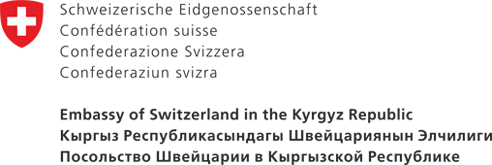
Swiss Cooperation with Kyrgyzstan began in 1993 shortly after Kyrgyzstan became independent and joined the Swiss-led voting group at the International Monetary Fund, the World Bank and the European Bank for Reconstruction and Development. This special relationship was among the reasons for which Kyrgyzstan became one of the... focal partners for Swiss Cooperation...
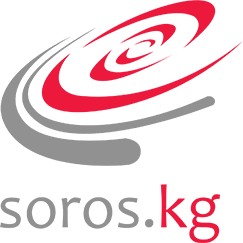
The Soros Foundation-Kyrgyzstan (SFK) - an international non-governmental private foundation - aims to create conditions in the Kyrgyz Republic for an open society by supporting the development of public institutions and initiatives in all spheres of public life. An open society means: freedom and diversity of opinion in all spheres of life, development of the rule of law and...

The Turkish International Cooperation and Development Administration (TIKA) under the Office of Prime Minister of Turkey was established in 1992 after collapse of the Soviet Union and the Eastern European Socialist Alliance with the purpose of providing technical assistance for developing countries and establishing relations with them in areas of economy, trade, technology...
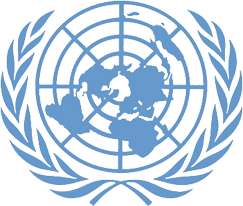
Kyrgyzstan became a full member of the United Nations on March 2, 1992. In accordance with Kyrgyzstan’s request to begin the implementation of projects and programmes in the country, the first bilateral agreements were signed with the UNICEF and UNDP mid-1992. The first UN Resident Coordinator arrived to Kyrgyzstan in February 1993, and the Representative Office of the UN...
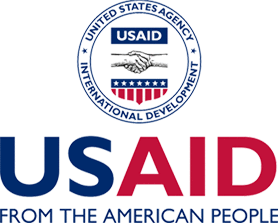
Since 1992, the United States Agency for International Development (USAID) has been providing assistance to the Kyrgyz Republic to help the country achieve substantial progress in the areas of economic growth, democratic governance, health care reform, improvement of basic education, and agricultural development. However, impediments to development remain, including low...
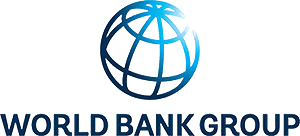
The World Bank is one of the world's largest sources of funding and knowledge for transition and developing countries. Its primary focus is on helping the poorest people and the poorest countries. The Bank's Mission is to fight poverty with passion and professionalism for lasting results. The World Bank was established concurrently with the International Monetary Fund...
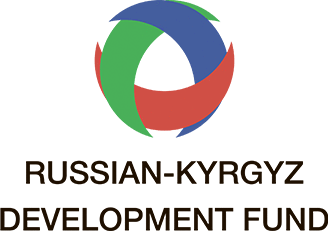
Russian Kyrgyz Development Fund was established and operates now in accordance with the Agreement between the Government of the Kyrgyz Republic and the Russian Federation "On Russian Kyrgyz Development Fund" dated November 24, 2014.

KfW Development Bank carries out its work on behalf of the German Federal Ministry for Economic Co-operation and Development (BMZ). KfW finances investment and accompanying advisory services in developing and transition countries. In our projects, we work together closely with the organizations of technical cooperation.

The Eurasian Fund for Stabilization and Development (EFSD, before known as the EURASEC Anti-Crisis Fund) is a regional financial arrangement in the amount of US$ 8.5 billion. It was established by Armenia, Belarus, Kazakhstan, Kyrgyzstan, Russia and Tajikistan in 2009.
EFSD mission is to help member countries ensure...
EFSD mission is to help member countries ensure...

The services delivered by the Deutsche Gesellschaft für Internationale Zusammenarbeit (GIZ) GmbH (German federal enterprise for international cooperation) draw on a wealth of regional and technical expertise and tried and tested management know-how. As a federal enterprise, we support the German...

